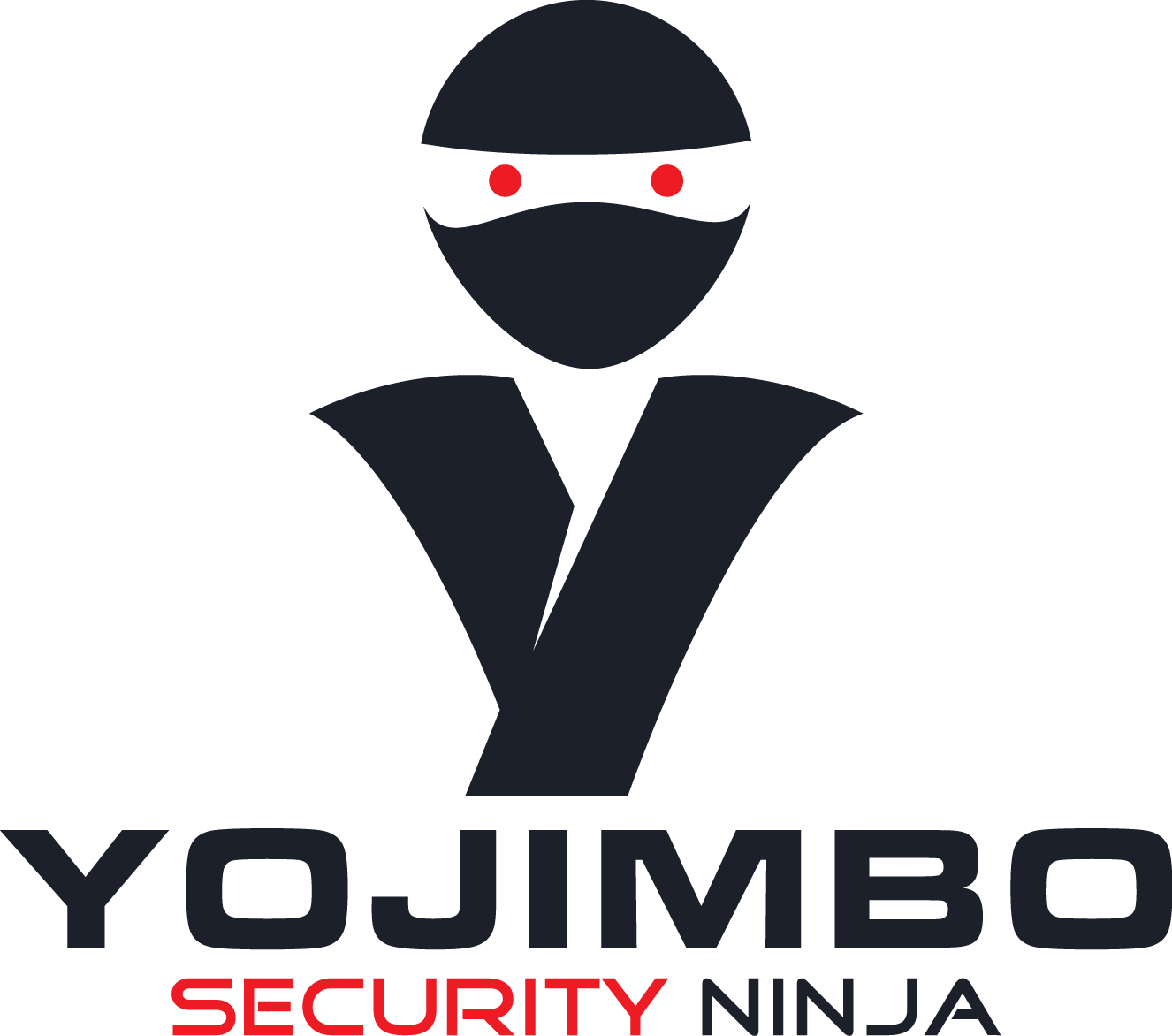Password Management
Effective password management is important for protecting your personal information and accounts from unauthorized access. Here are some best practices for password management:
-
Use strong passwords: Strong passwords are long and contain a mix of upper and lower case letters, numbers, and special characters. Avoid using easily guessable passwords such as "password" or "123456". I also try to use 32 chariters or the maximun length possible.
-
Use unique passwords: Use a unique password for each of your accounts. This will help protect against password-related attacks, as an attacker who obtains one of your passwords will not be able to access your other accounts. I use the password generator provided by my password manager. All good ones have one.
-
Use a password manager: A password manager is a tool that can help you generate, store, and manage strong, unique passwords. This can help make it easier for you to use strong passwords without having to remember them all. I use LastPass. Yes, I know they have been targeted and had some code stolen. However, attackers have not accessed user data at this time and is still a good option in my opinion. However, there are many to choose from so as long as you use one you will be much safer.
-
Enable two-factor authentication: Two-factor authentication is an additional layer of security that requires you to enter a code or confirm your identity in addition to your password when logging in to an account. Enable two-factor authentication wherever it is available to help protect against password-related attacks.
-
Avoid using personal information: Avoid using personal information such as your name, date of birth, or address in your passwords. This information can be easily obtained by attackers and may make it easier for them to guess your password. This applies to security questions as well. Things like "what's your mothers maiden name?" is extreamly easy to find. You can use your password manager to help you remember these security questions.
By following these best practices, you can help protect your accounts and personal information from unauthorized access. It is also a good idea to regularly review and update your passwords to ensure that they are strong and secure.
